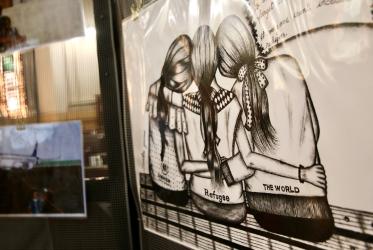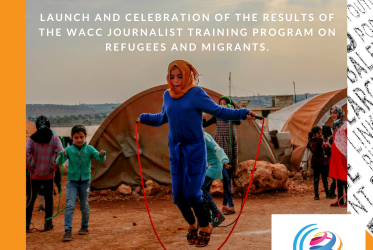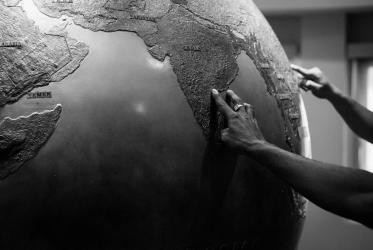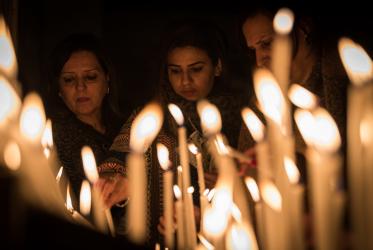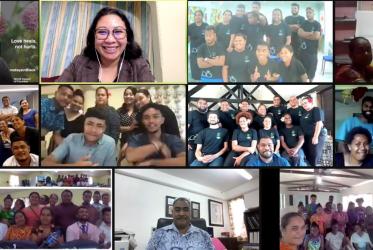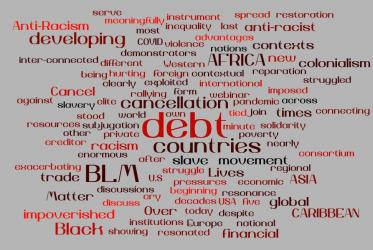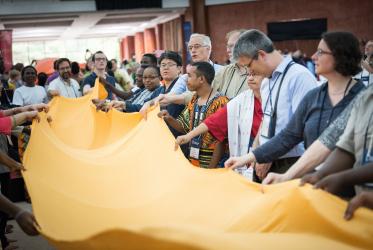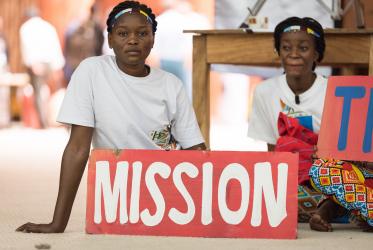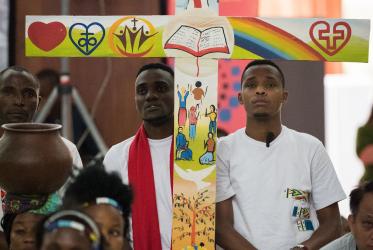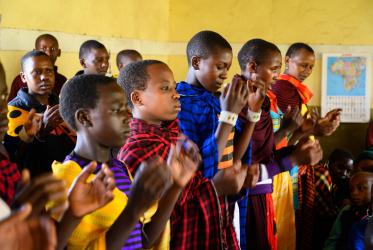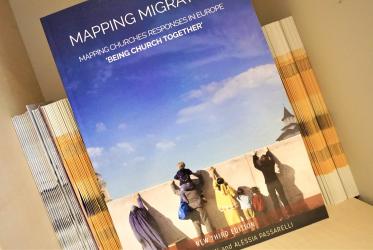The Churches' Commission for Migrants in Europe - CCME released a statement that speaks about the response of Europe to refugees fleeing the war in Ukraine. The statement addresses the concerns of discriminatory treatment of non-Ukrainians and minority ethnic people in this context and the more general question that the generosity shown in recent weeks often has not been extended to those fleeing from elsewhere.
Below, Dr Torsten Moritz, general secretary at the Churches' Commission for Migrants in Europe, reflects on why church leaders requested such a statement, and what lies at the heart of some of their different inputs.
07 April 2022
